
Modi to Host Virtual SCO Summit Tomorrow; Expected Attendance of Xi, Putin & Shehbaz

India’s Prime Minister Narendra Modi will host the virtual SCO summit on Tuesday. The meet is likely to be attended Chinese president Xi Jinping, Russian president Vladimir Putin and Pakistan PM Shehbaz Sharif.
The summit is expected to focus on regional security situation and ways to boost connectivity and trade.
Notably, it will be Putin’s first participation in a multilateral summit since the Wagner Group launched a short-lived coup attempt on 24 June.
The summit of the Shanghai Cooperation Organisation (SCO) under India’s presidency is also set to welcome Iran as the new permanent member of the grouping.
The situation in Afghanistan, the Ukraine conflict and enhancing cooperation among the SCO member countries are expected to figure in the summit, people familiar with the matter said, adding boosting connectivity and trade is also likely to be discussed.
The summit is also taking place against the backdrop of the over three-year eastern Ladakh border standoff between Indian and Chinese troops, and two weeks after Prime Minister Modi’s high-profile visit to the US.
The SCO, comprising India, China, Russia, Pakistan, Kazakhstan, Kyrgyzstan, Tajikistan and Uzbekistan, is an influential economic and security bloc and has emerged as one of the largest transregional international organisations.
India assumed the rotating chairmanship of the SCO at the Samarkand Summit of SCO on September 16 last year.
Heads of the two SCO bodies — the secretariat and the SCO RATS (Regional Anti-Terrorist Structure) are also set to attend Tuesday’s virtual summit whose theme is “Towards a SECURE SCO’.
The SECURE acronym was coined by Prime Minister Modi at the 2018 SCO summit and it stands for Security; Economy and Trade; Connectivity; Unity; Respect for Sovereignty and Territorial Integrity; and Environment.
Heads of six international and regional organisations have also been invited to the summit.
The organisations are the UN, the ASEAN (Association of Southeast Asian Nations), CIS (Commonwealth of Independent States), CSTO (Collective Security Treaty Organisation), EAEU (Eurasian Economic Union) and CICA (Conference on Interaction and Confidence Building Measures in Asia).
India’s presidency of the SCO saw significant activities in a number of areas. New Delhi created five new pillars for cooperation in SCO. These are startups and innovation, traditional medicine, digital inclusion, youth empowerment and shared Buddhist heritage.
The special working group on startups and innovation and experts working group on traditional medicine were created on India’s initiative.
“We intend to contribute substantially in both these areas,” said one of the people cited above.
To further prime minister Modi’s vision of Vasudhaiv Kutumbakom (world is one family), India emphasised on building greater people-to-people connect, the person said.
A number of signature events were held under the Indian presidency with the intention to further deepen people to people connect.
India’s association with the SCO began in 2005 as an observer country. It became a full member state of SCO at the Astana summit in 2017.
India has shown a keen interest in deepening its security-related cooperation with the SCO and its RATS, which specifically deals with issues relating to security and defence.
The SCO was founded at a summit in Shanghai in 2001 by the presidents of Russia, China, the Kyrgyz Republic, Kazakhstan, Tajikistan and Uzbekistan. Pakistan became its permanent member along with India in 2017.
With inputs from PTI
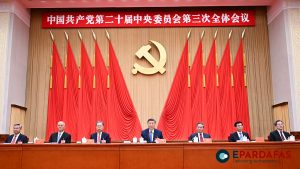

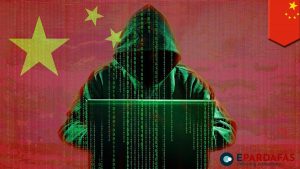

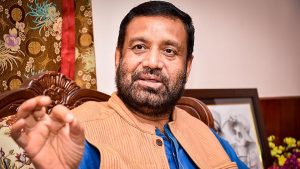
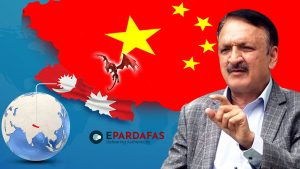





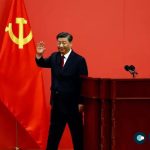
Comments